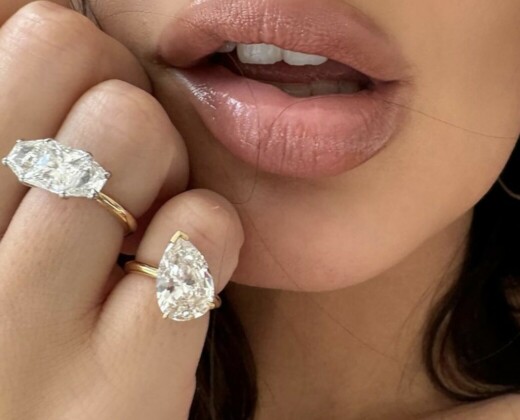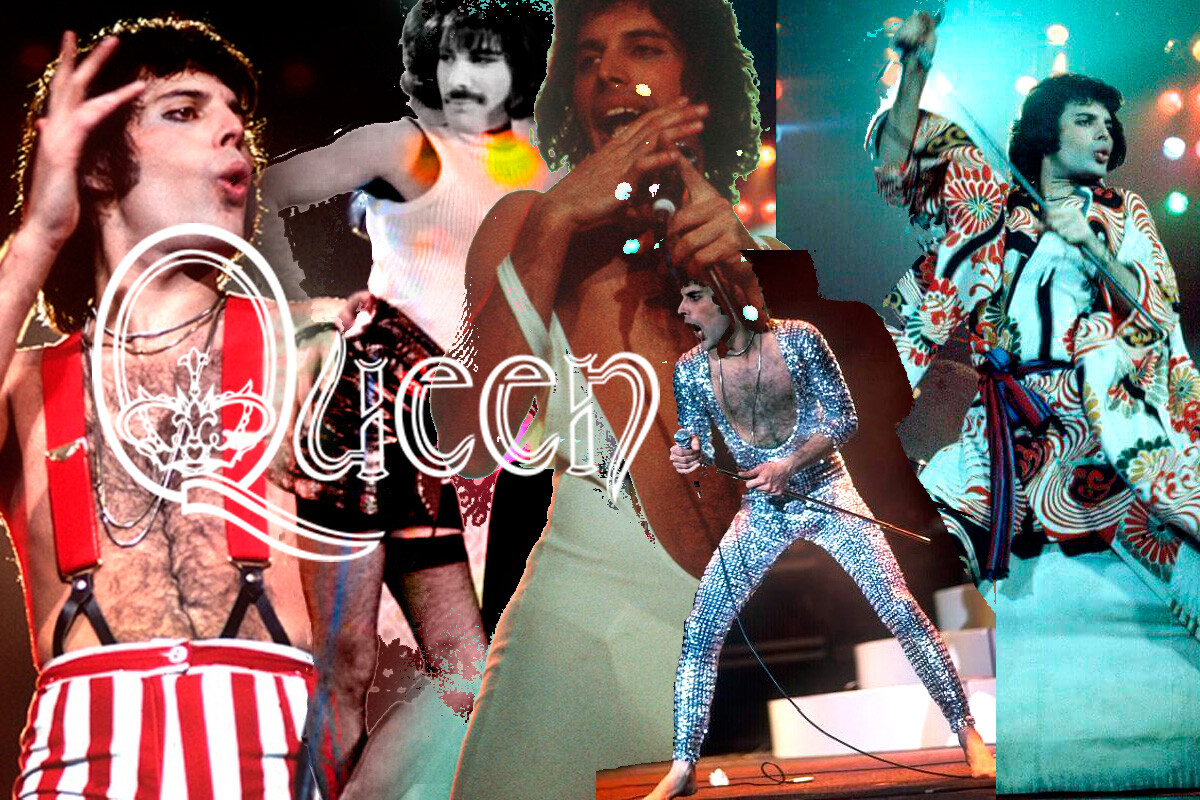
‘I’m a racing car, passing by like Lady Godiva.’
The lyrics to Queen’s seminal Don’t Stop Me Now have resonated with me ever since my earliest years. An unusual mantra for a pre-teen, yet I was drawn by the irreverence that the words inspire. Lady Godiva, for the uninitiated, was a medieval noblewoman who rode horseback and naked – covered only by her long hair – through the streets of Coventry to protest oppressive tax rates. No, I have never been charged for public indecency, but was, and am, seduced, I am under the thrall of such rebellious figures. Like Godiva, Freddie Mercury was a trailblazer, and for the Great Pretender, life had an uncanny way of imitating art.
It is for this reason therefore, that I come away disappointed from watching Bohemian Rhapsody. ‘Fearless Lives Forever’ – these are the words that accompany the poster for one of the year’s most anticipated films. Yet, like a deceptive Tinder profile, the tagline fails to reflect reality. In fact, Bohemian Rhapsody is far from fearless but is wholly reticent, very much sanitising Mercury and his legacy.

Bohemian Rhapsody is almost conservative in its sensibilities, positing Mercury’s flamboyance and gayness as a problem to be solved in the final act of the film. As such, the film chronicles the details of Mercury’s life (that are very much already on public record) and by the 1980s, threads of discord begin to tangle. The sensible, married Queen members begin to show disdain towards Mercury’s tastes in fashion, partying and for promiscuity. Mercury’s foray into the sins of the flesh is very much painted as a symptom of his sexuality. We see Mercury abandon Queen, become drug-addled and surround himself by a tribe of corrupting leather daddies. He is forlorn and marginalised. We see the artist suffer the consequences of discarding the heteronorm. For me, this is an irony that can’t be ignored.
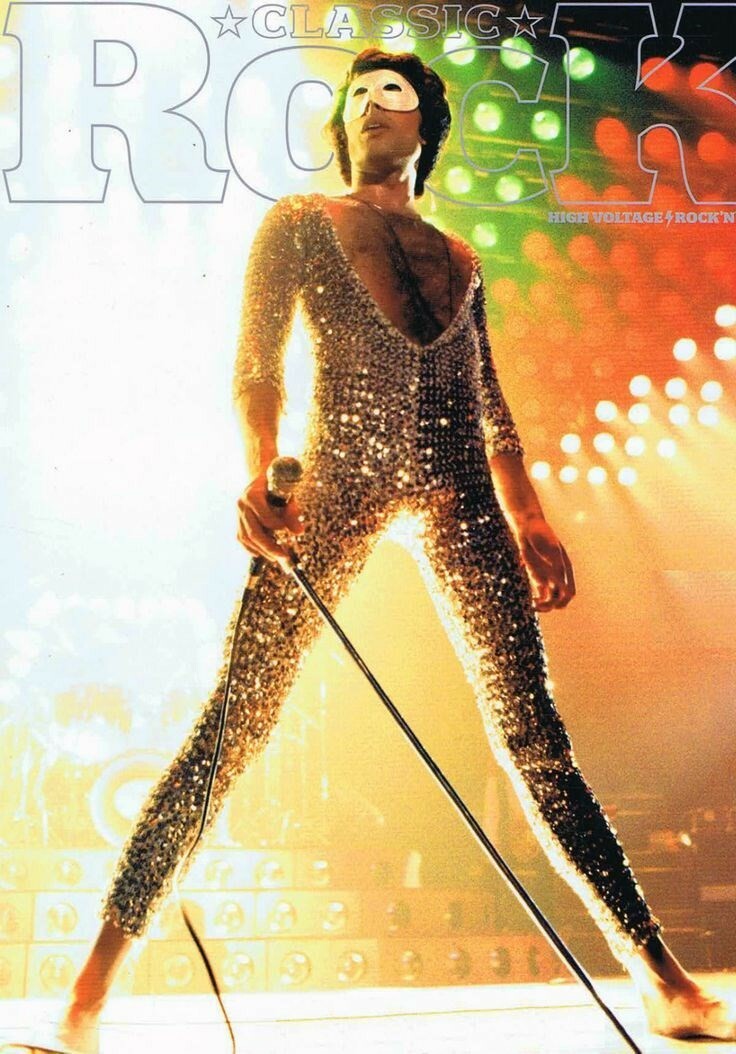
There’s power in a name, and ‘Queen,’ for what it’s worth, is a potent one. Founded only a year after the Stonewall Riots, only the naïve would disregard the Innuendo behind the band’s provocative title. Where many would see perversion, Queen brought subversion. For this, it is such a shame that Bohemian Rhapsody reshapes history to suit its own narrative agenda. A particularly distracting sleight was that the film had Mercury outed as an AIDS sufferer shortly before the Live Aid concert of 1985, when in reality, he was diagnosed in 1987.
However, luckily for us, we can honour Queen frontman Freddie Mercury in a myriad of ways. Not only does he give vocals to one of the greatest musical repertoires in history, but his playfulness with fashion has opened the door for us to push our own sartorial boundaries. Mercury introduced silhouettes to the stage that rock had daren’t even consider. He understood that for an audial platform, music was and is alarmingly visual.
Whether he was referencing the Arlecchino from Italy’s Commedia Dell’Arte, wearing swathes of white satin in his Eagle Suit, or rocking his take on fetish gear in nothing but suspenders and leather trousers, there’s no denying that Queen was queer. Freddie Mercury hooked his audience with his monolithic talent, and challenged them with his anti-establishment aesthetic. He didn’t just push boundaries, but tore them up, stirred them up, and broke them up entirely.
I implore you to pay tribute to the Killer Queen of Rock-n-Roll in the only way that does him justice, by making the brave decision to rock the boat, by having the gall to be exactly who you want to be in a culture that rewards conformity. All I know is that when mediocrity is what shackles us, I want to break free.
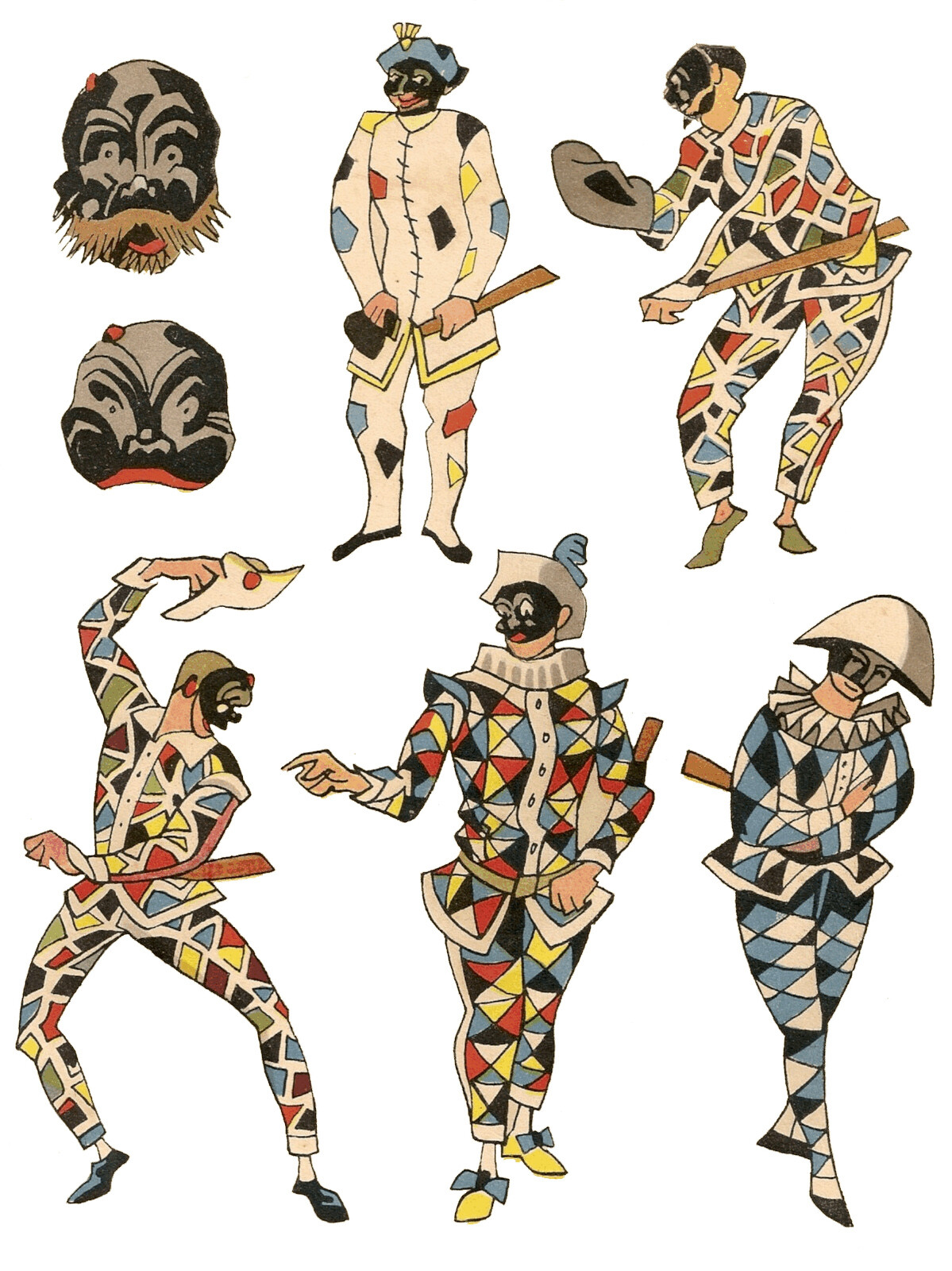

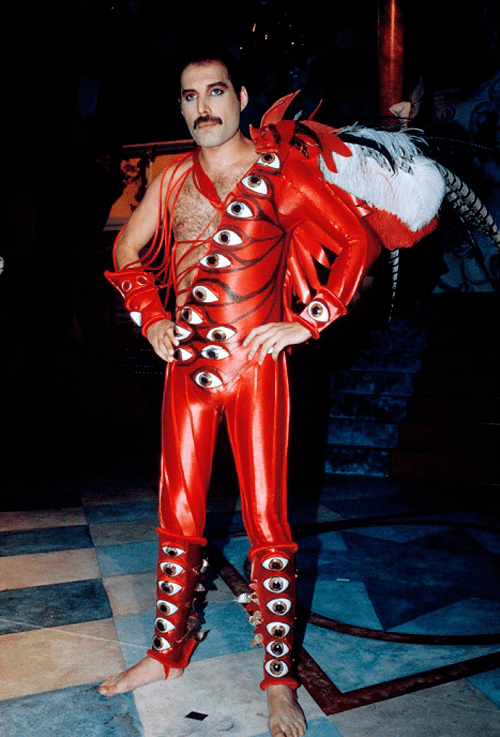
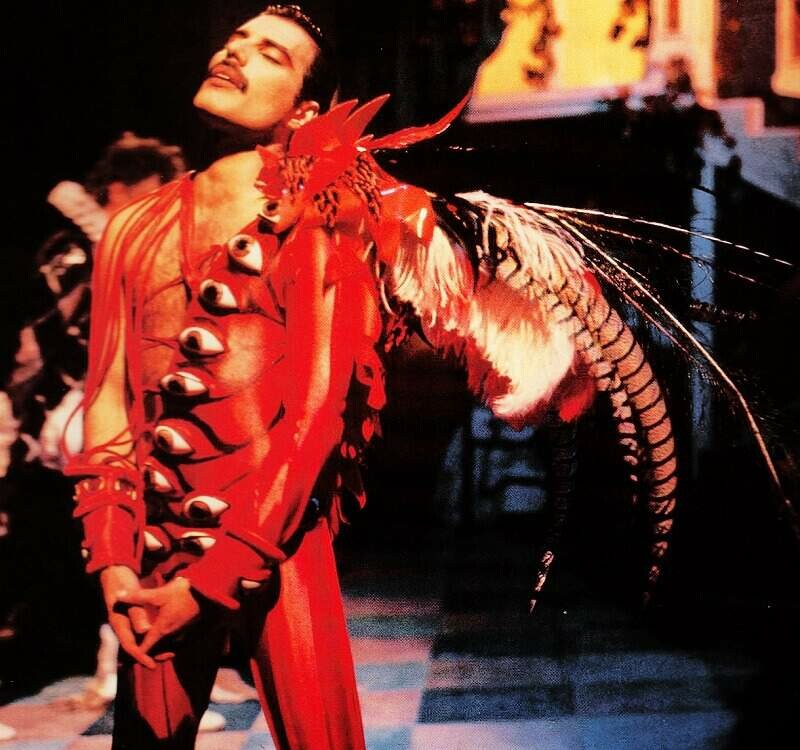
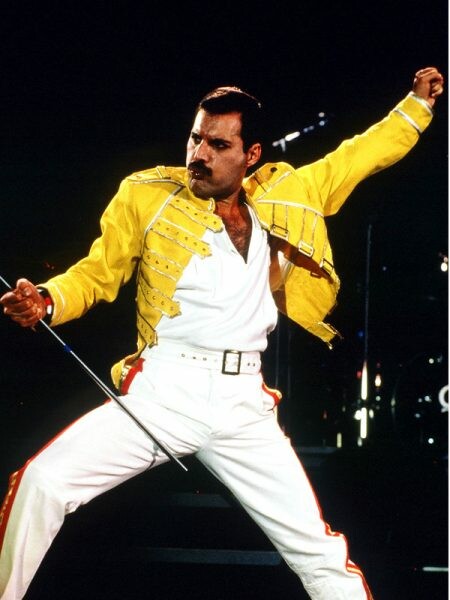
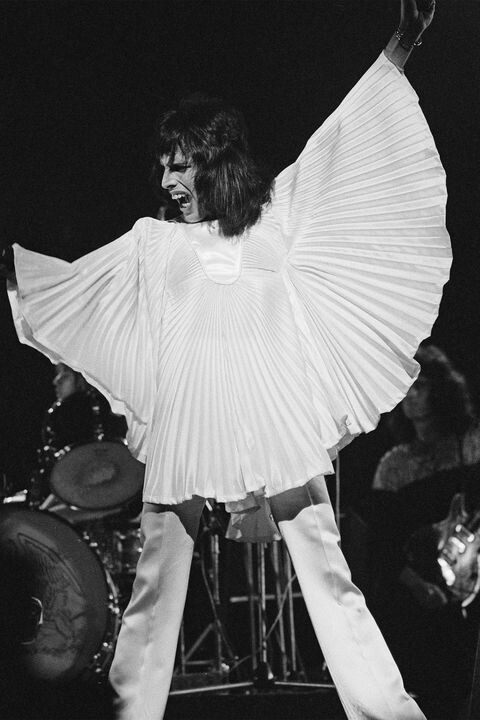
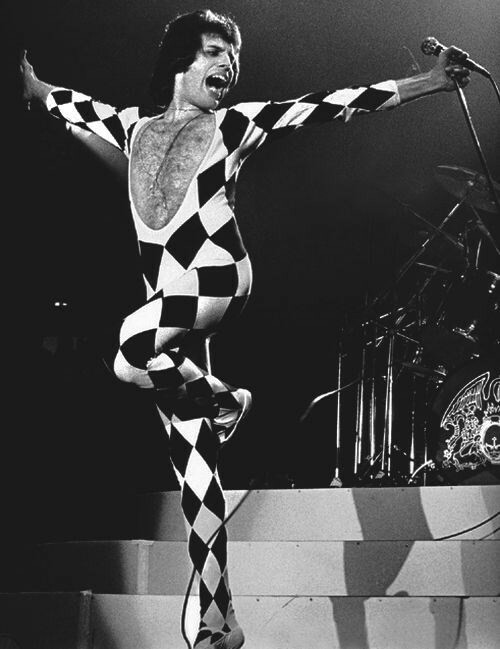
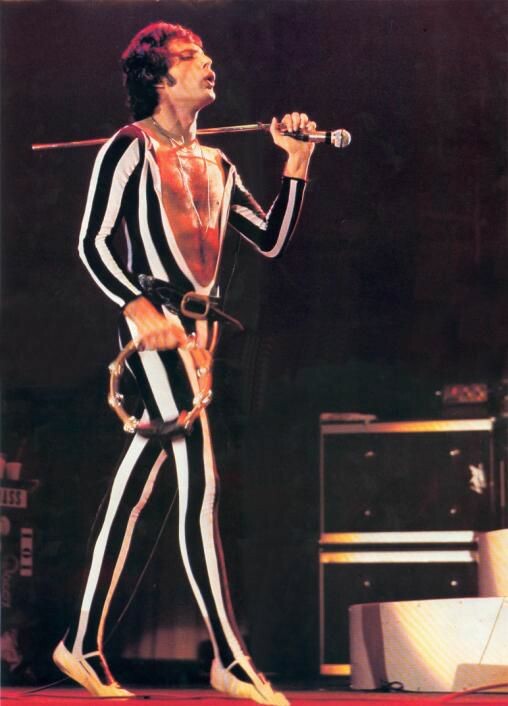
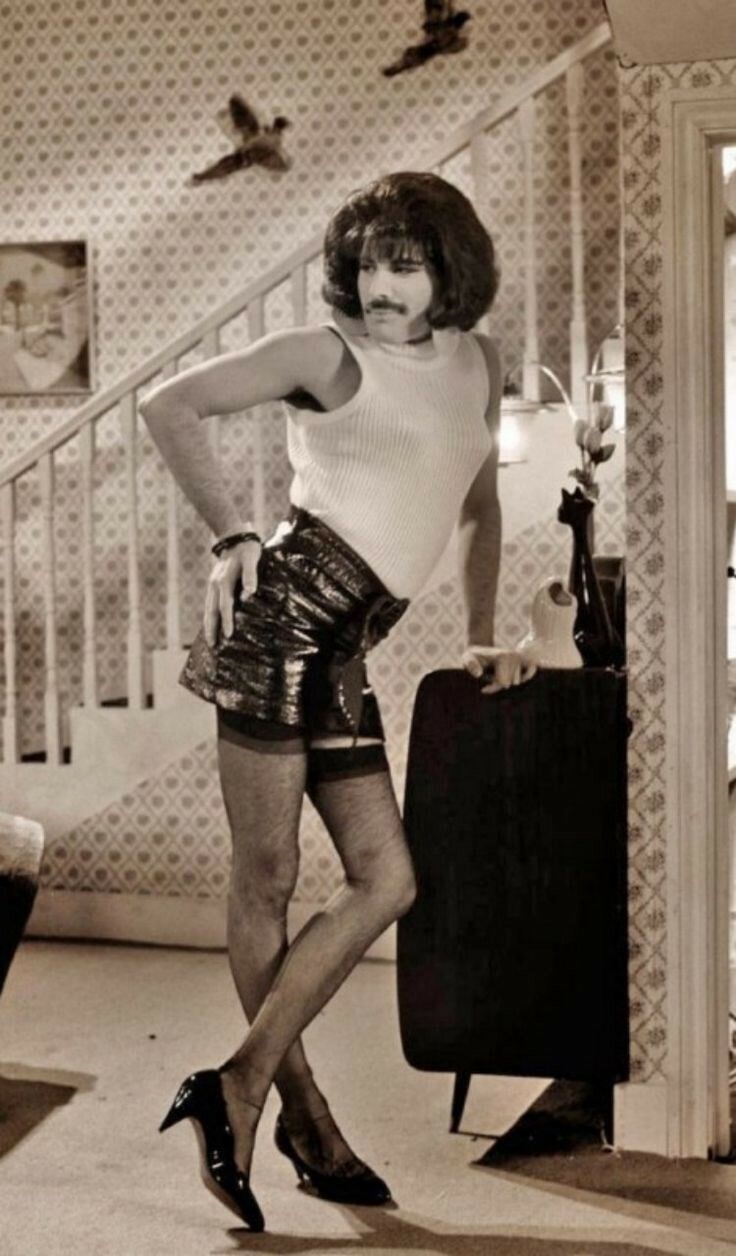
Thank you for engaging with Voir Fashion Digital.
It is important that we communicate a unique brand of fashion, beauty, trends and lifestyle to you on a regular basis, all we ask is that you share our content, and subscribe to receive even more exciting updates and competitions directly to your inbox.




